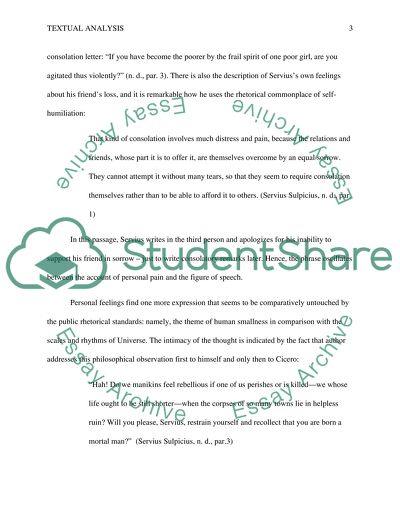Cite this document
(“Servius Sulpicius to Cicero Essay Example | Topics and Well Written Essays - 1500 words”, n.d.)
Retrieved from https://studentshare.org/literature/1459708-servius-sulpicius-to-cicero
Retrieved from https://studentshare.org/literature/1459708-servius-sulpicius-to-cicero
(Servius Sulpicius to Cicero Essay Example | Topics and Well Written Essays - 1500 Words)
https://studentshare.org/literature/1459708-servius-sulpicius-to-cicero.
https://studentshare.org/literature/1459708-servius-sulpicius-to-cicero.
“Servius Sulpicius to Cicero Essay Example | Topics and Well Written Essays - 1500 Words”, n.d. https://studentshare.org/literature/1459708-servius-sulpicius-to-cicero.


